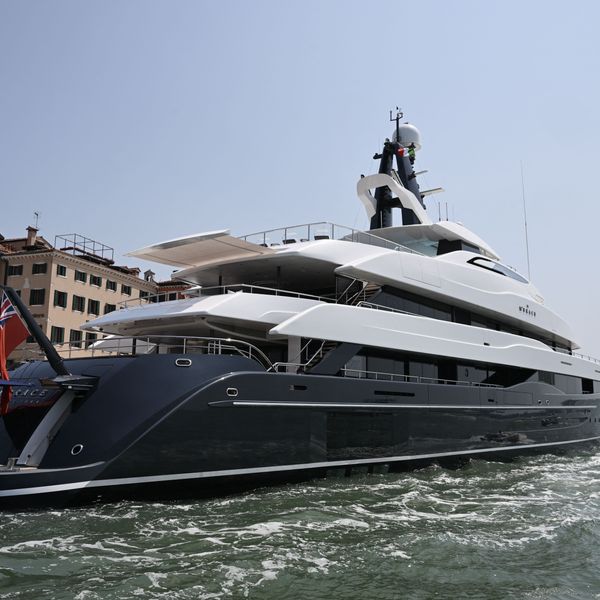The U.S. media seems to have found a new language for the economy. There's been talk of "solidarity" and even "class war," and a focus on corruption and inequality like we haven't seen in who knows how long.
The only problem? They're talking about Egypt.
"It's quite clear that entire domains in the economy were dominated by a few people," a British professor of Middle Eastern Studies told the New York Times Monday. The reporter notes "Hosni Mubarak's Egypt has long functioned as a state where wealth bought political power and political power bought great wealth."
Salon's Glenn Greenwald notes that such rhetoric about foreign countries serves to promote the idea that these problems exist Over There, but not over here. But Greenwald's readers and GRITtv viewers know better.
Just one example, in case you've forgotten: Massey Energy is the union-busting company that owned the Upper Big Branch mine in West Virginia that exploded in April, killing 29 people. As local reporters had complained for years, Massey's CEO Don Blankenship had more or less purchased the state's government with a consistent flow of campaign ad dollars.
And as if that wasn't enough, the Brennan Center for Justice singled out Massey, along with the U.S. Chamber of Commerce, for its spending on judicial elections--where Blankenship spent millions to remove a state Supreme Court justice who had ruled against his company and replace him with another, with whose help the same court reversed a $50 million anti-Massey judgment.
An economy dominated a few? Great wealth buying great political influence?
It's fine to explain why the Egyptian people are in the streets. But don't pretend corruption's a word that only exists in Arabic.



